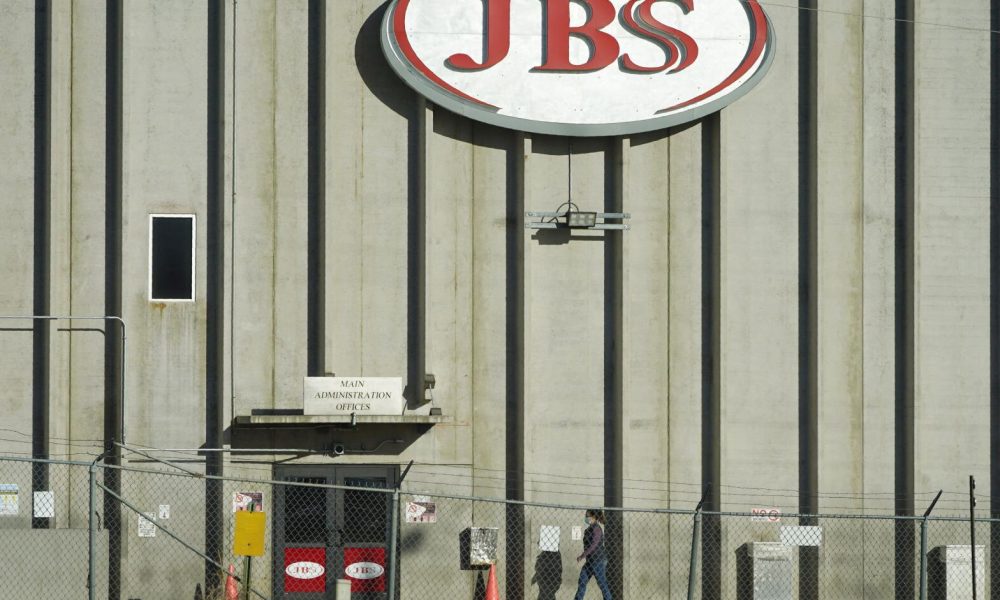JBS USA computer networks were hacked on Sunday, inducing temporary plant closures across the United States, Canada, and Australia. As a result, meat supply shortages prevail, affecting both consumers and workers. The situation comes only a month following the ransomware attack against Colonial Pipeline, which paid a ransom of $4.4 million to cyber-gang instigators. White House officials believe both cases are tied to Russia-based groups, however, this has not been confirmed.
What We Know:
- Ransomware attacks occur when criminal organizations hack into a company’s computer network system and threaten to delete or alter files unless compensation is offered. The United States government recommends not paying ransom settlements in order to prevent incentivizing cyber-criminal behavior.
- JBS operates in 15 countries with 150 plants worldwide, making it the largest supplier of meat to individuals and companies. JBS USA did not pay ransom to the criminal organization involved but closed all 9 of its processing facilities.
- JBS suspended all impacted IT systems, systems which it relies on for record-keeping, general management, regulation enforcement, employee payroll, plant standardization, labeling, and much more. JBS has not commented on the current plan to process carcasses left at facilities during the closure or ship the backup of processed meat to suppliers, however, most plants reopened June 2nd.
- Principal Deputy Press Secretary Karine Jean-Pierre expressed the ransomware attack potentially originated in Russia. The White House is engaging directly with Russian government officials to discuss the attack, which Russia’s Deputy Foreign Minister Sergei Ryabkov confirmed.
- On the demand side, closures affect consumers as well as large corporations such as Mcdonald’s that use JBS products. Most direct impacts include processing and shipping delays, however, some buyers question the meat safety and quality measures taken while plants remained closed.

https://www.beefmagazine.com/livestock/covid-19-crisis-forces-partial-closure-jbs-souderton-plant - Aside from quality, time is a major concern for many buyers eager to stay on track. Companies reliant on routine product shipments may be left waiting, affecting restaurants, grocery stores, and ultimately, consumers. Beef, pork, and chicken prices are also projected to skyrocket, an indirect consequence of product shortages.
- Closed facilities left workers temporarily unemployed, a problem for workers living paycheck to paycheck. Worker and single mom Erika Gutierres told CNN, “It sounds, like, so small — ‘It’s two days off, get some rest.’ But to me, it’s the end of the world, because those two days were everything. I’m going to be short on all my bills, and that stresses me out and makes my life a lot harder.”
While US JBS facilities reopened Wednesday, the effects of closure are likely to persist until JBS facilities can once again supply meat products in a reliable manner.



